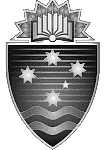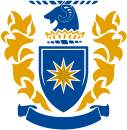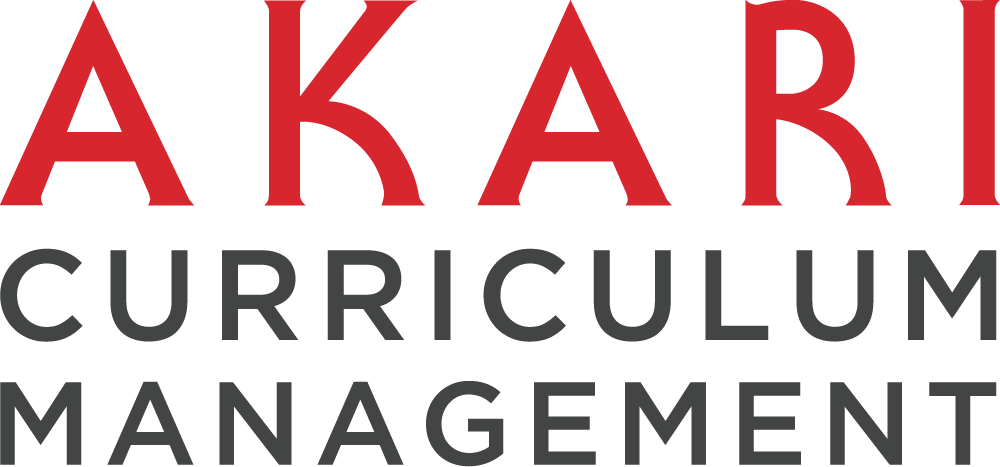Assurance of Learning
Akari Curriculum Management Solution empowers your institution to demonstrate that students achieve learning expectations for the programmes in which they participate.
Bridge the gap between the approved curriculum and what is offered, collaboratively design curricula based on outcomes, investigate data across your whole portfolio, map your programme learning outcomes to professional accreditation standards, and feed downstream systems to support student officers.

Bond University
Continual improvement in systems capability and integration between those systems provides us with the opportunity to develop more in-depth and lower cost assurance of learning reporting frameworks.
Professor Keitha Dunstan
Provost at Bond University

Akari Curriculum: Key Benefits for Assurance of Learning
Dolore magna aliqua

HOW WE DROVE GOVERNANCE AT
Stirling University
Curriculum Truth
HEd Systems
Versioning
Provide Single Source of Curriculum Truth University Wide
Many universities face a fundamental problem: there is a gap between what is approved and what they promise to teach via published course offerings (website, handbook etc).
This is complicated further as curriculum is periodically reviewed and changed resulting in multiple versions, each of which must be tracked and made available to the myriad of downstream systems that consume and utilise that source of truth.
Verified data interoperability across systems such as Student Management System for enrolment, Learning Management System for Subject Outlines showing assessment schedules, intended Learning Outcomes, Student Support systems, Library for syllabus reading references etc relies on the Curriculum Solution providing the appropriate version management for each student cohort.
The contract established between the student and the institution (and subject to relevant Consumer Protection laws) is based on the understanding and assurance that the detailed course syllabus the student enrolled for is being taught across that student’s lifetime.
Managing multiple versions simultaneously is vital to the institution’s confidence in fulfilling those student contracts.
Outcome-based
Constructive Alignment
Taxonomies
Teach and Assess Learning Outcomes in a Balanced Fashion
Student-centric approach to H Ed focuses on what the students are expected to be able to do at the end of the module or programme. This is commonly referred to as an outcome-based approach.
Outcome-based curriculum design is based on coherence between intended learning outcomes, teaching and learning activities and assessment strategies in an educational programme. Biggs (2003) calls this Constructive Alignment, this model is the core of the Akari Curriculum Management System.
Learning outcomes define what learners are expected to achieve and how they are expected to demonstrate that achievement.
Akari supports embedded taxonomies (Blooms, Solo), to support the creation of Learning Outcomes, and guides the academic with prompted alignment to the cognitive domain hierarchy; Remembering, Comprehending, Applying, Analysing, Evaluating, and Creating. Additionally Learning Outcomes can be weighted as Taught, Assessed, Practiced.
Supporting an aligned mapping continuum, Akari Software enables the teaching and learning activities and the assessments to be mapped to the Learning Outcomes. Rolling up mapping from module to Programme Learning Outcome, and Graduate Attributes providing a truly balanced, cohesive data model making the progression of learning transparent and visible.
Quality
Collaboration
Approvals
Improve Delivery Quality Using Continuous Feedback Loop
Curriculum is a living entity, evolving under review across it’s lifespan from developed to retired. Collaborative review relies on the capture of commentary, notes, suggested actions and reactions by its stakeholders across multiple stages of defined review and approval governance.
Ensuring the capture of supporting narration of workflow movements in addition to detailed field-level narration (eg supporting reasoning for an assessment change) ensures the multi version single source of truth is preserved with its adaptation explanation.
Insights
Redundancy
Curriculum Data
Easily Identify Course Content Redundancies
The value of a digitised curriculum is multi-tiered. Using advanced smart search technologies designed to identify repetition and similarities in text fields, curriculum data can be interrogated across a whole portfolio, within a faculty, or longitudinally on a Programme progression. These actionable data insights can uplift quality and reduce the cost to maintain and deliver curriculum institution-wide.
The Akari solution built in conjunction with the Royal College of Surgeons in Ireland uses the Google CloudSearch technology ensuring optimal return of search results across complex text data sets. Presenting search results across a Programme progression simplifies the ensuing analysis.
Accreditation
Learning Outcomes
Mapping
Reduce Accreditation Preparation Time
To support the accreditation process, the CMS can reduce data preparation and verification. The CMS provides valuable data capture, data management and reporting to support external accreditation processes.
Using the mapping capability, the Professional competency mappings can be defined at the programme level achieving adherence to regulatory standards, creating a derived mapping between a programme and all attached child entities (modules) and their attributes through the learning outcome mapping functionality. This ensures that the programme as a whole aligns to the professional body, and that the mapping is consistent and can be tracked to the lowest attribute within the Programme structure.
The Curriculum Management solution allows explicit mapping of programme learning outcomes to professional accreditation standards, mapping individual outcomes to one or more competencies. By mapping via learning outcomes, the Akari software application builds a mapped relationship from the modules via the module learning outcomes to the competency standards, ensuring the quality of the degree can be tracked through the application/review and verified as consistent.
Furthermore, the mapping follows the Universities governance approvals, and can be reported on for the accreditation process.
Additionally the CMS supports mapping to multiple competency frameworks. Business Schools might track Association of MBAs (AMBA), AACSB International (AACSB), and European Foundation for Management Development Quality Improvement System (EQUIS) accreditations for an MBA Programme.
Student Officers
Support
API Integration
Provide Student Officers with Real-time Data Access
Curriculum is a key data source that must coexist with key Higher Education systems such as Student Management and Learning Management. Additionally the data from CMS must feed downstream systems such as website, publication tools/apps, student support systems, credentialing apps, data warehouse etc.
System and Data interoperability are expected by today’s CTO when assessing external applications, to ensure co-existence within the Universities technology ecosystem.
Co-existence within an ecosystem demands open API access, and sophisticated and mature API’s (API first development approach needed from vendors).
